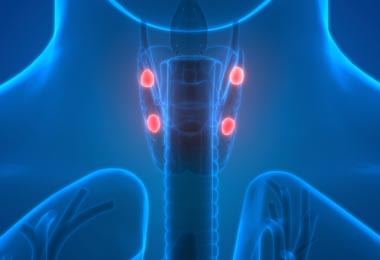Precocious Puberty
What is Precocious Puberty?
Precocious puberty means sexual development that begins prematurely, before age 8 in girls and before age 9 in boys. It happens when the pituitary gland releases sex hormones called gonadotropins, which stimulate the development of the ovaries in girls and testes and boys, which in turn triggers the female sex hormone estrogen in girls and the male sex hormone testosterone in boys. In some cases, precocious puberty is a symptom of another disorder, such as congenital adrenal hyperplasia or tumors of the testes or ovaries or tumors of the adrenal gland that cause the release of sex hormones. Tumors in the pituitary gland or hypothalamus can also cause precocious puberty.
A similar disorder is pseudo-precocious puberty in which estrogen and testosterone are secreted by tumors in the adrenal gland or in the testis or ovaries. However, unlike true precocious puberty, the ovaries or the testes themselves do not mature.
Sometimes, no cause can be found for early puberty.
Symptoms
Development of adult features and characteristics
Adult body odor
Pubic hair and underarm hair
Facial hair and voice changes in boys
Breast development and menstruation in girls
Rapid height growth that abruptly stops at an early age
Diagnosis
Blood tests to determine levels of sex hormones
X-rays of the hand to determine bone age
Ultrasound of the pelvis and adrenal glands
CT or MRI imaging of the head to rule out tumors in the hypothalamus or pituitary gland
When to Call for Help
If your child starts to exhibit any of the above signs at an abnormally early age, call a health-care provider.
Treatment
Most cases of precocious or pseudo-precocious puberty are treated with synthetic hormones or certain medications that inhibit the release and effects of sex hormones. When the premature production of sex hormones is caused by a tumor, surgical removal of the tumor is the preferred treatment.






